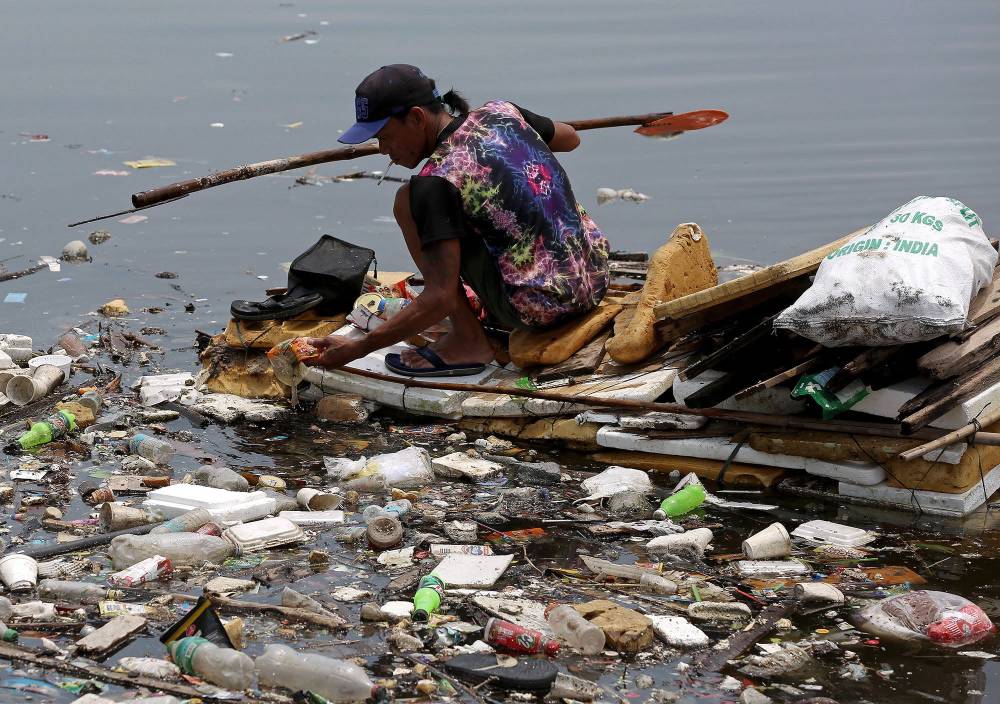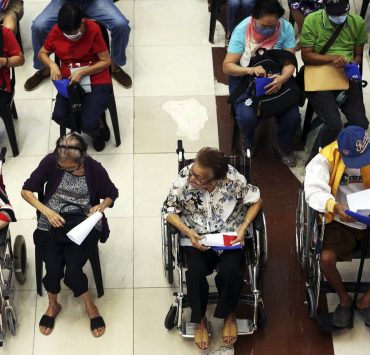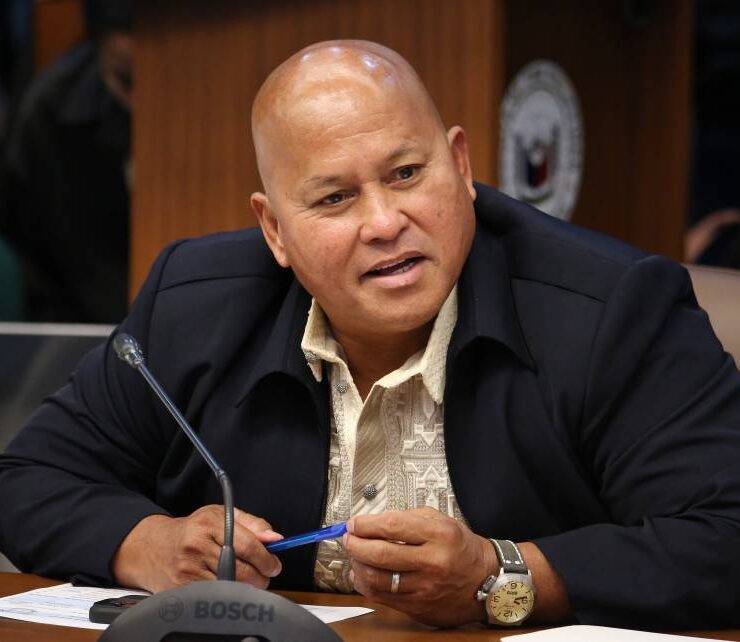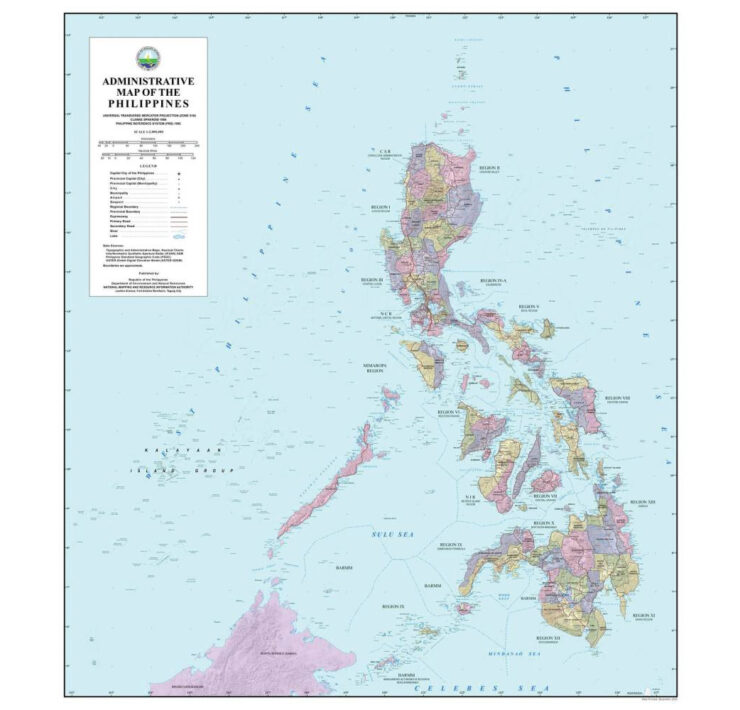DENR chief: PH ‘literally swimming’ in plastics

Environment Secretary Maria Antonia Yulo Loyzaga issued an urgent call to action on Monday, Earth Day, against the deadly threat of plastic pollution, saying the Philippines was “literally swimming” in plastics.“It is our choice to act today or let our plastic waste determine our tomorrow,” the head of the Department of Environment and Natural Resources (DENR) said, as the country joined the global Earth Day observance with the theme “Planet vs Plastics.”
“The Philippines produces around 2.7 million tons of plastic waste each year. Most of it ends up in landfills, dumps, our rivers and our water supply systems. However, about 20 percent ends up in our oceans,” Loyzaga said.
“When the rains come, we are literally swimming in them,” she said.
According to Loyzaga, this year’s Earth Day celebration is intended to raise awareness about the indestructibility of plastics and the hazards they pose to human health, ecosystems and climate action efforts.
Climate change driver
Loyzaga warned that microplastics had been found in raindrops, fish caught at sea, substandard water bottles and even the air people breathed.
Scientists define microplastics as plastic debris broken down into minuscule pieces smaller than five millimeters.
Studies have yet to determine conclusively the destructive impact the now ubiquitous material might have on health as well as on clouds and climate change.
Plastics have traditionally been made from fossil fuels like oil, gas and coal, which drive climate change, according to Loyzaga.
The Philippines loses around $890 million annually by throwing away recyclable plastic instead of recycling it, she added.
To address the issue, the government passed the Extended Producer Responsibility Act in 2022, shifting the burden of collecting used plastic from local governments to producers and manufacturers. Over 800 large companies have registered initiatives to reduce plastic use, develop sustainable packaging and promote recycling.
‘Whole-of-society’
However, Loyzaga stressed that the fight against plastic pollution required a “whole-of-society” approach.
“The government and the corporations cannot do it alone. Transformation toward a plastics-free world begins at home. Experts and universities must also do their share,” she said.
Loyzaga added that “sustainable and affordable alternatives must be found along with changes in production and consumption.”
“Together, we can win this battle of planet versus plastics. Every step we take counts, and we will need to work as one,” she said.
In Ottawa, Canada, negotiators from 175 countries are meeting from Tuesday to nail down a binding global treaty to end plastic pollution with many sticking points to be resolved five months after the last round of talks in Kenya.
Nations in 2022 agreed to finalize by the end of this year a world-first United Nations treaty to address the scourge of plastics found everywhere from mountain tops to ocean depths, and within human blood and breast milk.
Negotiators have already met three times and are expected, after the Ottawa talks, to hold a final round of negotiations in South Korea.
Disagreements on scope
The previous meeting in Nairobi last November was the first opportunity to debate a draft treaty that outlined pathways to tackling the problem. It ended with disagreements over its scope and environmental nongovernmental organizations panning a lack of firm progress.
“We have a text, it is a basis even if there remains a lot of work to be done on it,” Canadian Environment Minister Steven Guilbeault and host of the Ottawa talks told Agence France-Presse (AFP).
According to him, the goal this round is to “achieve a text with 60 to 70 percent of the elements endorsed” by delegates who are meeting through April 29.
The stakes are high, with widespread plastic pollution having potentially grave impacts on oceans and climate. —WITH A REPORT FROM AFP





















